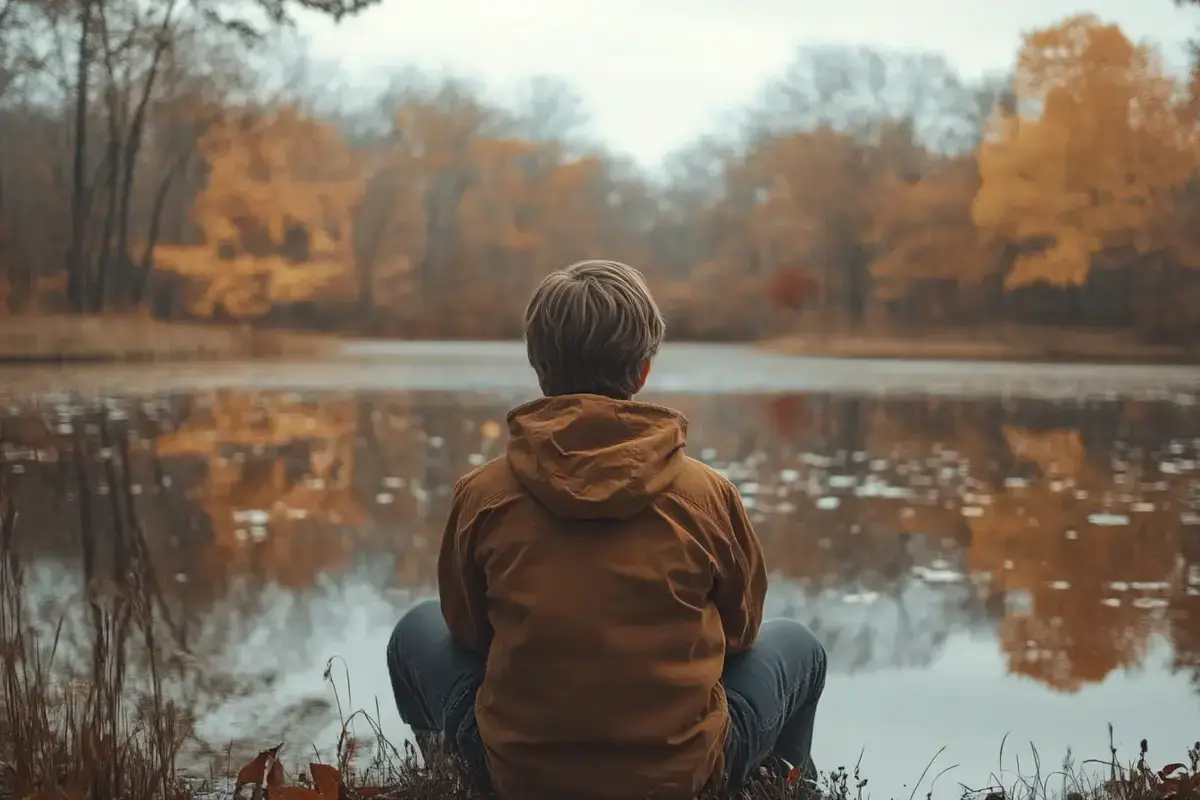In summary
- 🔍 Exploration of the revealing behaviors of childhood wounds impacting adulthood, such as difficulty trusting, fear of abandonment, and more.
- 🧠 Highlighting the impact of childhood emotional scars on relationships and decisions in adulthood.
- 🌱 Discussion on the importance of awareness of these behaviors as an initial step towards healing.
- 💬 Presentation of a hopeful message about the possibility of healing and improving well-being and mental health.
The scars left by childhood wounds are not only read in the silence of memories, but they also manifest through specific behaviors in adulthood. This article explores the deep repercussions of these emotional wounds on how we interact with those around us and make decisions in our daily lives. By recognizing these behaviors, which range from difficulty trusting to a paralyzing fear of abandonment, we can begin a path towards better self-understanding and, eventually, healing. A current topic that touches mostly on mental health and well-being issues, crucial for our society.
Childhood wounds and their impact on adults
Childhood wounds, whether physical, emotional, or psychological, can determine many aspects of adult life. These traumatic experiences, often ignored or minimized over time, nevertheless shape how individuals perceive the world and interact with those around them. The impact of these wounds is profound and can unconsciously influence important decisions, from personal relationships to career choices.
The behavioral signs of childhood wounds
Identifying behaviors that result from childhood wounds is crucial for understanding and addressing underlying issues. Here are the most common behaviors and their meanings:
Difficulty trusting
This behavior is often the result of experiences where the child’s trust was betrayed by authority figures or close ones. These individuals may perceive the world as threatening, having difficulty establishing trusting relationships.
Fear of abandonment
The intense fear of abandonment can manifest in those who were abandoned or neglected during their childhood. This can lead to dependent behaviors or, conversely, emotional withdrawal in relationships.
Hypervigilance
Hypervigilance is often observed in people who grew up in unpredictable or dangerous environments. They remain constantly on alert, anticipating danger even in the absence of a real threat.
Difficulty expressing emotions
Those who weren’t encouraged to share their feelings during childhood may find it difficult to express their emotions as adults, which can lead to misunderstandings or conflicts in relationships.
Overcompensation
Overcompensation can occur in individuals who feel inferior or inadequate, often in response to criticism or a lack of recognition during their childhood.
Low self-esteem
Low self-esteem is frequently linked to childhood experiences where the individual felt devalued or inadequate, feelings that can persist into adulthood.
Excessive defensiveness
Strong defensiveness can be a defense mechanism developed in response to environments perceived as hostile during childhood.
Difficulty with intimacy
Traumas related to abandonment or betrayal can make it difficult to establish or maintain intimate relationships, for fear of repeating past wounds.
Difficulty living in the present
Individuals marked by childhood traumas may often find themselves absorbed in the past or anxious about the future, which hinders their ability to fully live in the present moment.
Awareness as the first step towards healing
Recognizing and understanding these behaviors is essential to begin a healing process. Awareness helps demystify reactions and work on healthier responses. It is often the first step towards freeing oneself from the chains of the past and leading a more balanced and fulfilling adult life.
Childhood wounds leave deep marks, but the journey of recognition and healing offers new hope. This article explored how adult behaviors can reveal past scars and highlighted the crucial importance of awareness of these behaviors for better mental health and improved well-being.







